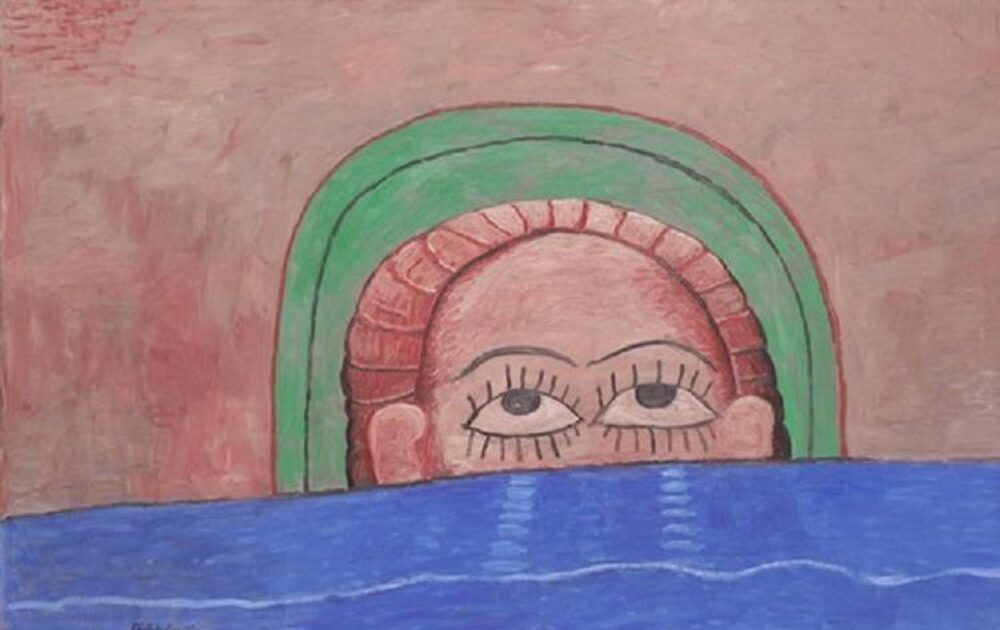I have plucked three paragraphs from the n+1 Winter Edition editorial “The Best of a Bad Situation” The link is here. It is a long read but worth it.
In our age of Republican minority despotism, attempts to grapple with anthropogenic climate destruction have been warped to encourage several varieties of despair, rendered acute by the ticking-time-bomb nature of the problem. The losses suffered by Earth and its populations — plant and animal — are neither reversible nor remediable. There is no future filled with reparations. There is no long moral arc. Ten or fifteen years ago it was possible to think of the polar bear and the white rhinoceros as martyrs, dying off to shame us into better harmony with the natural world. Not ruined archaic torsos but videos of extinct creatures would say, “You must change your life.”
So much of our daily behavior is confused and uncertain. We can’t seem to lead the lives we have and acknowledge the future simultaneously, even as we must. We keep our eyes on the middle distance — our hopes for the country (universal healthcare!) and for ourselves — and only feel the shadows on the horizon across our peripheral vision. We are everyday climate deniers the way we are everyday death deniers: we write our articles, save for “retirement,” canvass for causes that give us the most hope. We go to bars and ask our friends whether they plan to have kids.
Truly, we have fucked it up in so many ways! Yet while climate change increasingly feels like an inescapable doom upon humanity, our only means of recourse remains political. Even under the heavy weather of present and near-future conditions, there’s an imperative to imagine that we aren’t facing the death of everyone, or the end of existence. No matter what the worst-case models using the most advanced forecasting of feedback loops may predict, we have to act as if we can assume some degree of human continuity. What happens in the next decades is instead, as the climate reporter Kate Aronoff has said, about who gets to live in the 21st century. And the question of who gets to live, and how, has always been the realm of politics.
